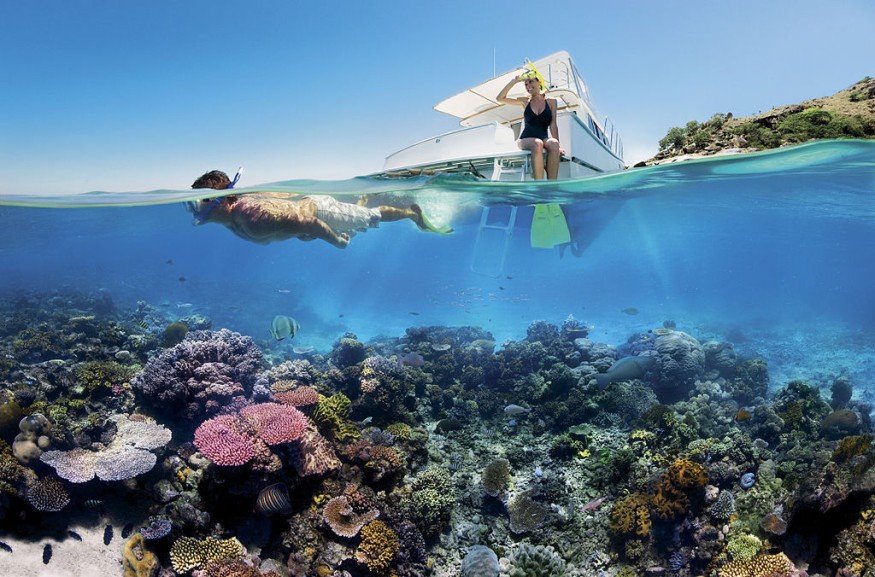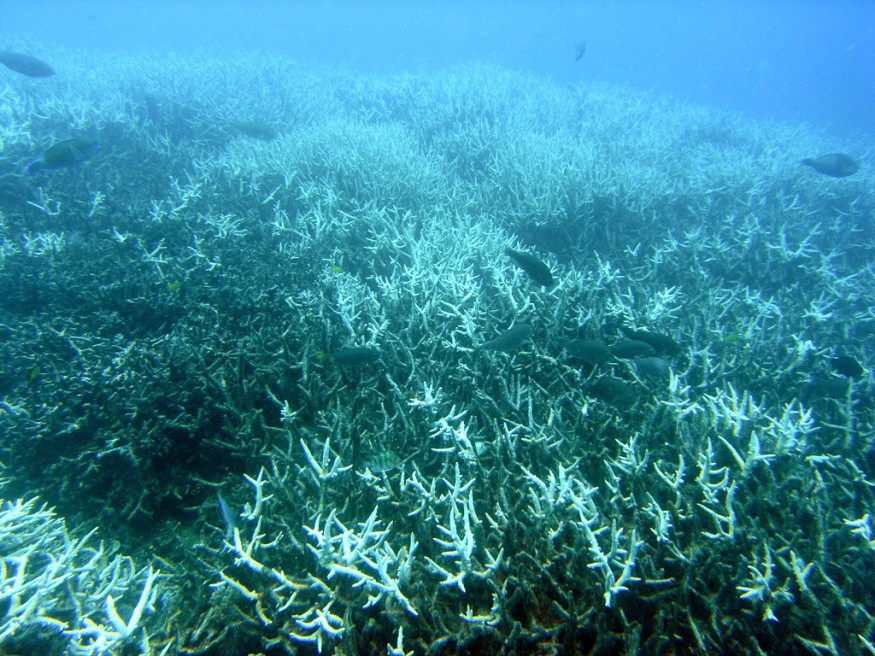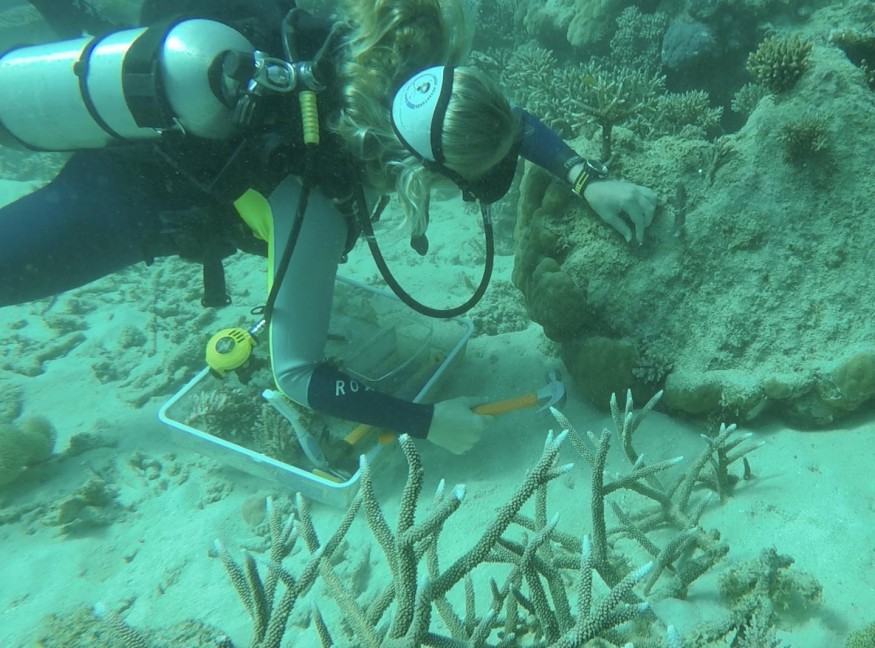On Monday, the United Nations launched a monitoring expedition to the Great Barrier Reef to see if the World Heritage property is being safeguarded from climate change as it continues to bleach.

Bleaching
Authorities reported last week that higher-than-average temperatures had caused significant bleaching in portions of the reef, ending expectations that a cooler La Nina summer would save corals from yet another season of heat damage.
UNESCO

Before the World Heritage Committee considers classifying the Great Barrier Reef as "in danger" in June, UNESCO's mission will review whether the Australian government is doing enough to address risks to the reef, particularly climate change.
Scott Heron of James Cook University, a reef specialist, told AFP that he hopes "there is some transparency in the regions of the reef [the UN team] is visiting," especially those affected by the current bleaching crisis.
"There are portions of the reef that are in such bad shape that there is no chance of coral bleaching this year because there are so few corals remaining," he added.
Climate warming, according to Heron, is pushing the reef closer to its stress threshold, increasing the likelihood of bleaching occurrences.
"This decade, we need to take immediate action on climate change," he stated.
Previous Bleaching

Three catastrophic bleaching episodes have occurred on the Great Barrier Reef since 2016, during which heat-stressed corals expel algae dwelling in their tissues, robbing them of their bright colors.
Many people were astonished when the World Heritage Committee decided not to label the reef as "in danger" in July, despite UNESCO's recommendation just weeks before.
When the United Nations threatened to revoke the reef's World Heritage status in 2015, Australia responded by developing a "Reef 2050" plan and investing billions of dollars in its conservation.
Why is the GBR Important
The Great Barrier Reef is an irreplaceable and vital aspect of Australia's environment - and economy. It protects our coasts and is home to hundreds of marine creatures, including fish, whales, dolphins, and six of the world's seven marine turtle species.
Healthy coral reefs are critical to our planet's survival. They support a quarter of all marine life in the ocean, provide clean air, and safeguard fragile coasts from erosion, flooding, and storms.
Related Article : Ocean Warming Makes the Water 'Louder,' Impacting Marine Life
For more Environmental News, don't forget to follow Nature World News!
© 2025 NatureWorldNews.com All rights reserved. Do not reproduce without permission.





